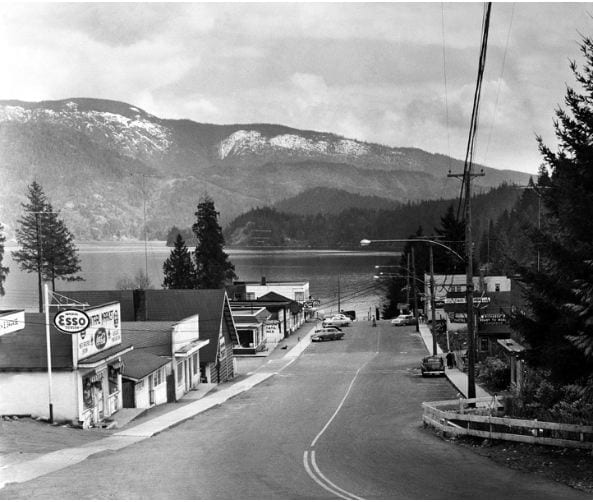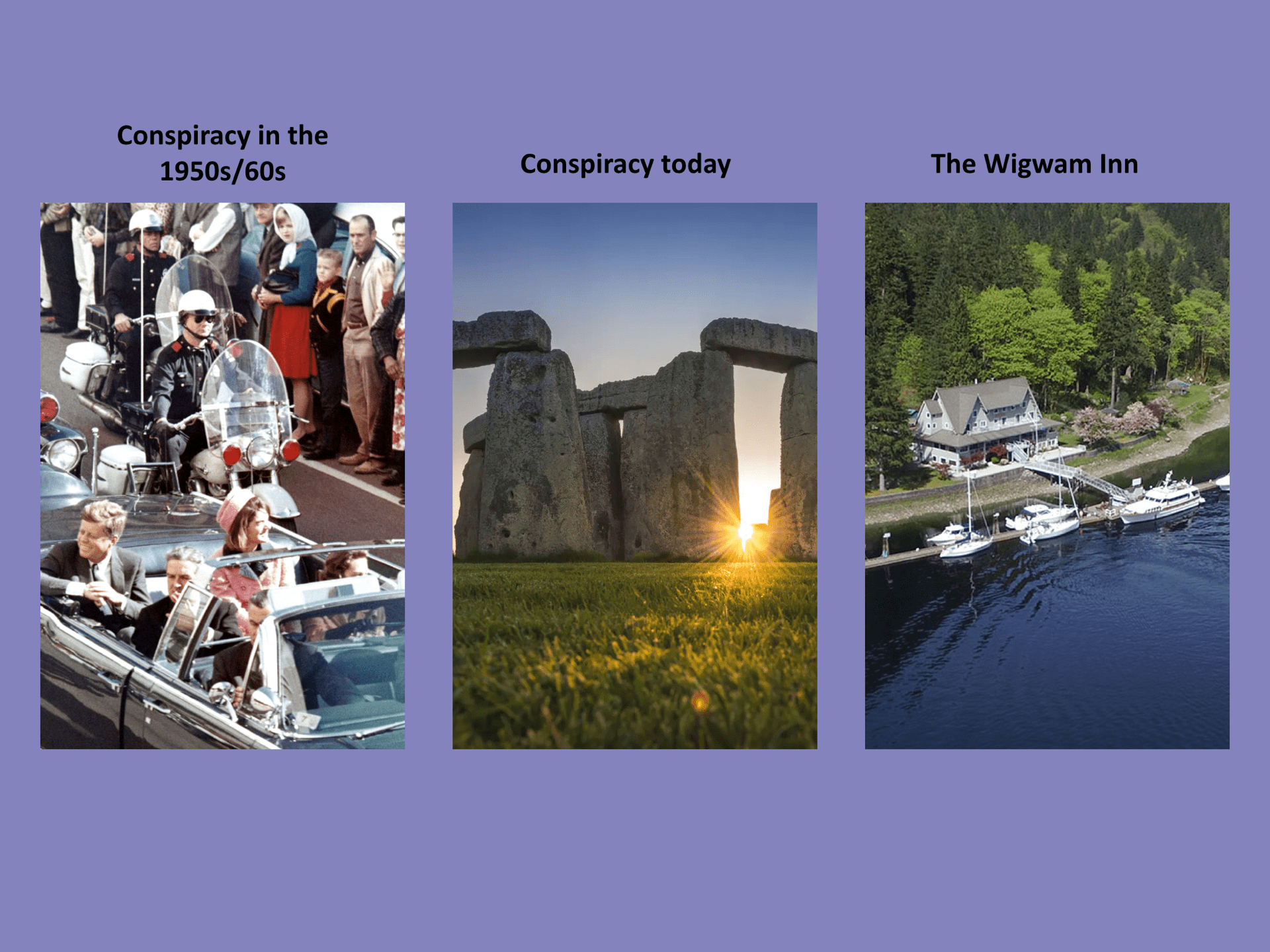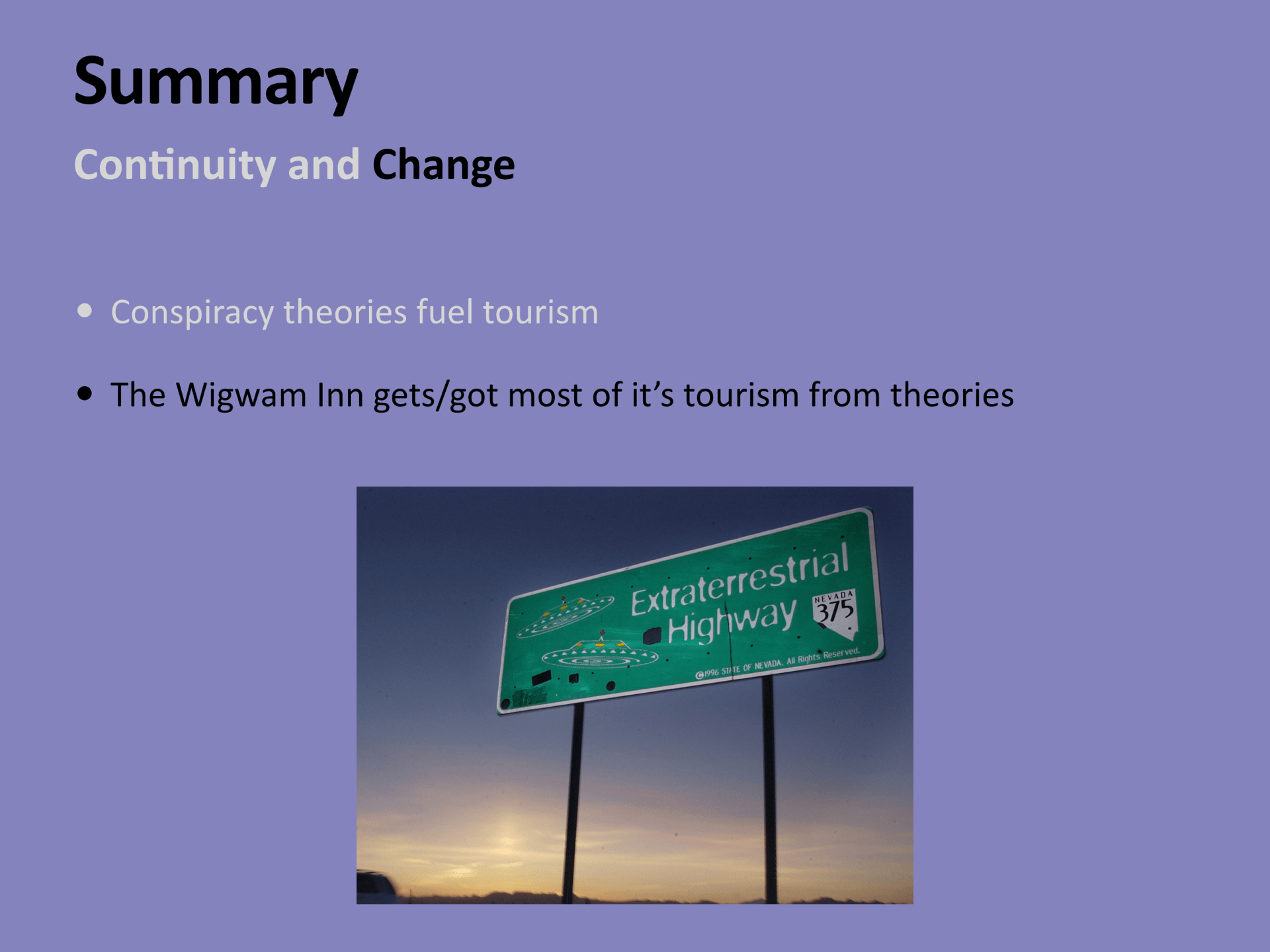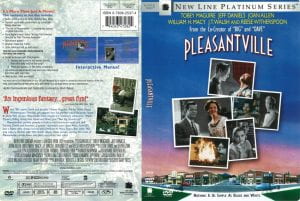20th century Canada was a time and place of growth and expansion as a society. The resolution of Second World War was cause for abundant new industries, economic inflation, and a step towards a progressive society. You’d think the war would’ve been enough of an obstacle for humanity to overcome, but despite the desire for peace, the 50’s were lacking. When questioning what was so great about the 50’s, you may think more along the lines of the underlying racism, sexism, homophobia, and overall discrimination. In all honesty the 50’s were anything but progressive in a social and societal aspect. But with the lack of development socially, there was room for technological, scientific, industrial, economic, and suburban advancements. In these past few weeks, my class has been challenged to answer the question, “how did Canadian life develop after WWII?” Over the course of the project we found our answers, and they tend to differ quite a bit from peer to peer. If you’re unaware of what I mean, check out some of my previous posts about my ongoing podcast channel, Totally Awkward Random.

ArtsyBee / Pixabay
The goals of this project were for us to publish our final podcast episodes, build an understanding of continuity and change, and discuss, listen, and speak. The cherry on top was our connection with the Deep Cove Heritage Society, who provided resources and interviewees that helped us understand what the 1950’s were like in our home. One of the earliest assignments was an archival interview for the DCHS with an assigned interviewee. I interviewed a longtime Deep Cove resident, Michael Smith. The interview was successful and probably the most heart warming I’ve ever done. During our conversation he went on about his wife and their life together which resulted in full blown heartache on my end. Luckily for me, I later interviewed the woman in question, Michaels wife, Eileen Smith. My interview with Eileen was specifically for my latest podcast episode (which you can listen to if you click box above). She having lived in the cove for her entire life made her the ideal interviewee to pose with a question regarding the continuities opposed to he changes seen in the Deep Cove area. This interview really helped me learn more about my podcast topic, as well as gain some further insight on the physical and emotional sides of continuity and change in a community.
Discussing, listening, and speaking. All basic human skills taught and learned in a classroom. Typically you’d think this is more kindergarten to grade 4 type of competency. But no, you’d be so very wrong. This competency was actually an opportunity for my grade 10 self to shine. I like to think of myself as an avid participant in my PLP environment. This is why online school was so devastating for me. I find that I work best with my peers, in groups, and on in class assignments. I also happen to be a bit of a personality, so I find presentations rather enjoyable, and when I’m enjoying myself, the work only gets better. Our third milestone along the project path proves my point very well. The assignment itself was to further elaborate and give context to our chosen podcast episode topics and connect them to our other competency, continuity and change. I found that this piece of evidence really allowed for me to have creative liberties and go off leash while keeping our relevant topic in the mix. One of my favourite things about this project was the amount of presenting, even just quick in class keynotes allowed for me to work on some of the flaws in my presenting skills.
The post war years themselves were abundant with new industries, population growth, the rise of suburbia, and much, much more. One of the last stepping stones along our project path was a written response to the driving question. I won’t go into as much detail as to not bore you, but the general idea was that it was the culmination of all we’d learned about the 50’s. Where I pulled my knowledge from was the everything we’d learned in class, and the pieces of media provided for our understandings. The most notable being an episode of CBC’s Back in Time for Dinner and the 1998 movie Pleasantville, yes the one with Toby Maguire and Reese Witherspoon. It was very educational. In all seriousness, the underlying themes of both these examples evened the playing field in reminding us that the 50’s were great but also absolutely terrible. What made the 50’s look so perfect on paper was the decades before. Racism, sexism, discrimination, and oppression look fantastic compared to a global economic depression and a couple World Wars. That aside I think that the written response and media used to fuel my thinking really contributed to my understanding of this era of Canadian history.
Nowadays, Canada is a first world country, a desirable place to be, and a country filled with lasting prosperity. Our economic stability and progressive society is partly accredited to the developments made in the 1950’s. While the previously stated fact that the 50’s were all but progressive is true, there were changes that were steps in the right direction. My ability to come to this conclusion is mostly in part to the topics and assignments discussed in this post. Don’t forget to have a listen to my 1950’s episode and even check out my classmate Matthew Telford’s latest as well! He also interviewed Eileen Smith and she makes for a fantastic listen!
As always, thanks for reading!









